Did you know?
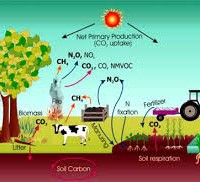
What are greenhouse gases?
Greenhouse gases are gases that act like a greenhouse and heats the earth’s atmosphere due to its chemical composition. Grrenhouse gases: – Carbon dioxide – CO2 – Methane Gas – CH4 – Nitrous oxide – N2O – perfluorocarbons – Sulfur hexafluoride – SF6 – Hydrofluorocarbons – HFCs Greenhouse gases are gases that have the effect [...]
Leia mais / Read more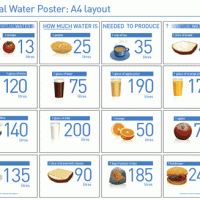
What is virtual water?
Virtual water is the water that is not visible to us, but exists is every product we buy. All products require water to be manufactured. They are not made of water, but use water in its manufacture: this is virtual water. Check it out: A computer consumes 1,500 pounds of water because the materials used [...]
Leia mais / Read more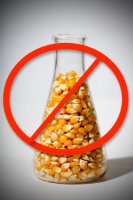
What are transgenics?
Transgenics are Genetically Modified Organisms (GMO). It means that living beings suffer modifications in a laboratory by incorporating features of other species genes found in nature. There are four main GM crops planted in Brazil: soybean, corn, cotton, canola. Only a small group of technology industries controls the global market. It is a technology that [...]
Leia mais / Read more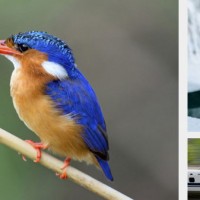
What is biomimicry ?
Biomimicry ( from bios, meaning life , and mimesis , meaning to imitate ) is a new discipline that studies nature’s best ideas to imitate them . The goal is to use the processes of nature to solve our problems .Studying a leaf to invent a better solar cell is an example . It is [...]
Leia mais / Read more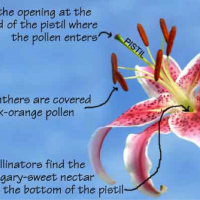
What is the function of pollination?
What is the function of pollination? Like humans, many plants require a male element and a female element to “breed” or produce a new seed. The difference is that plants possess the male element and the female element in the same flower. The male is the anther and produces a powder or dust called pollen [...]
Leia mais / Read more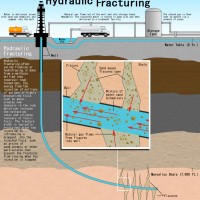
What is “fracking”?
“Fracking” “fraccing” or “fracing” is a technique used to release natural gas or other substances for extraction and economic use. Hydraulic fracturing “is the propagation of fractures in a rock layer by a pressurized fluid. Some hydraulic fractures form naturally and can create conduits with oil or gas that come from reservoir’s rocks. To fragmet [...]
Leia mais / Read more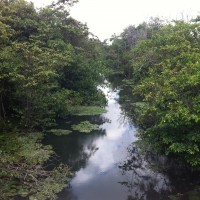
What’s “blue carbon”?
Blue carbon is carbon or CO2 stored and sequestered in coastal ecosystems. If you pay attention to wetlands, vegetation or resting marshes flooded by brackish tide, you can see the carbon deposited as sediments or soils beneath the vegetation. These aquatic or “blue”ecosystems can sequester carbon as much or more as those who remain in [...]
Leia mais / Read more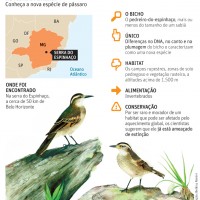
What does endemic mean?
According to the dictionary “endemic” means belonging to or prevalent or characteristic to a particular place, region, people. Concerning ecology it is restricted to a peculiar region or locality. Recently researchers have found a new species of bird in the Espinhaço Mountains in Minas Gerais, Brazil. The bird was named “Pedreiro do Espinhaço” and it is [...]
Leia mais / Read more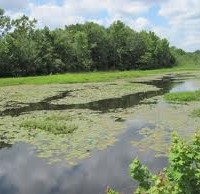
What’s eutrophication?
The word has its origin in the Greek language and means “good nutrition. It could be a good thing, but it is not. Eutrophication occurs when there is an excess of nutrients (chemical compounds with phosphorus or nitrogen) in the aquatic environment and causes the appearance of excessive number of algae. This increase in water [...]
Leia mais / Read more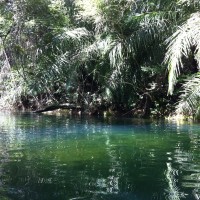
What is a riparian forest?
The riparian forest is a type of forest that is in the vicinity of rivers, lakes, streams and springs. The vegetation on the riparian zone protects these sites from debris, dirt, mud etc.. The riparian vegetation prevents erosion of river banks and its silting. They prevent pollution to reach the waters and preserve the quality of water we consume. They act as as biodiversity corridors, preserving the flora and fauna.
Leia mais / Read more